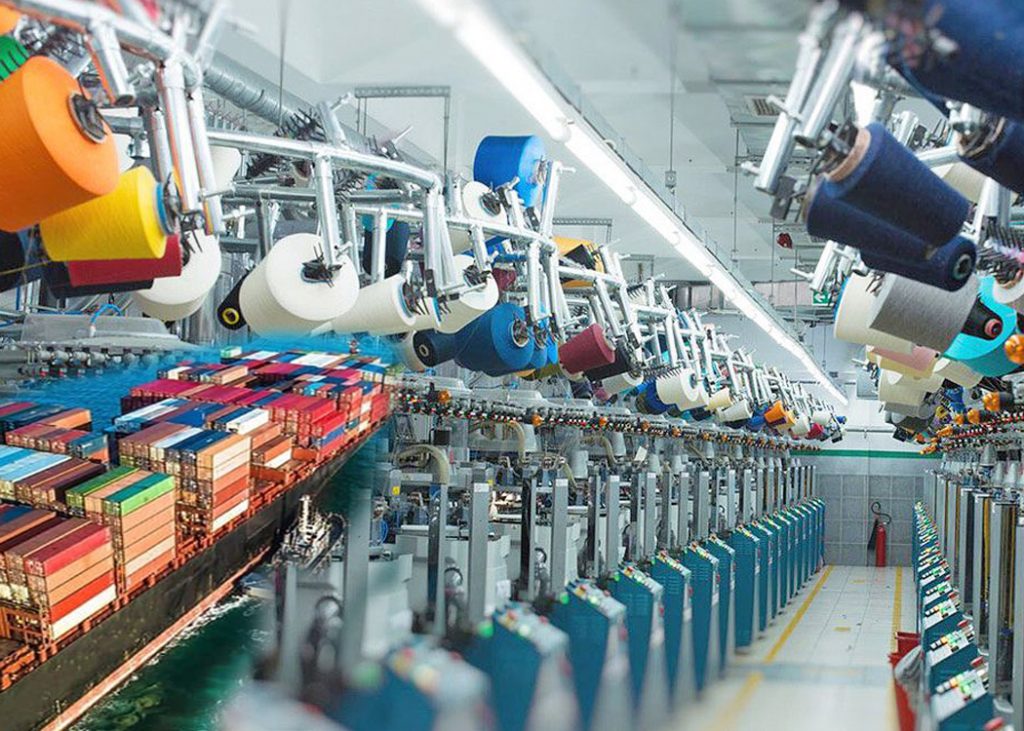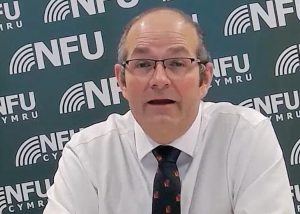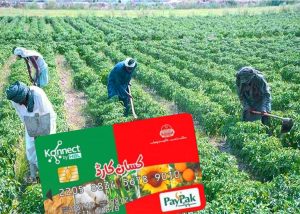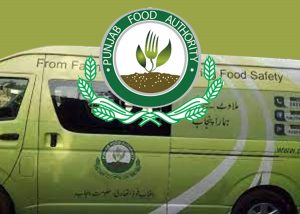
AVN Report
KARACHI: The textile stakeholders demand a long-term textile policy, collaboratively developed with industry, besides research and development initiatives and packaging facilities, to double exports and substantially increase foreign exchange earnings of the country.
Speaking at a session at Texpo 2024, organized by the Trade Development Authority of Pakistan (TDAP), Pakistan Readymade Garments Manufacturers and Exporters Association (PRGMEA) ex-chairman Ijaz Khokar called for a comprehensive five-year strategy.
He said the policy should prioritize exports, technological advancements, human capital development, SME support, and financial accessibility.
Mr Khokar also recommended quarterly reviews to assess and fine-tune implementation.
Highlighting the sector’s potential to double exports, Mr Khokar noted that stability in economic policies and a special utility tariff for exporters are essential.
To enhance the international presence of Pakistan’s textile sector, local producers plan to host the World Fashion Convention in Pakistan in 2026, marking the second time the country will hold this global event since 2019.
Mr Khokar said the convention could significantly boost exports and improve Pakistan’s global standing but emphasized that government backing is crucial in this regard.
He also proposed establishing research and development centres, textile clusters, and packaging and fashion design hubs, in partnership with the private sector to strengthen domestic production and enhance export capacities.
Currently, Pakistan primarily exports raw materials like cotton yarn and fabric. Khokar advocated a shift towards value-added products, such as branded garments and home textiles, and recommended offering tax incentives for manufacturers focusing on these segments. He added that streamlining tax and customs processes would also benefit SMEs.
Mr Khokar underlined the importance of vocational training and technical education for developing skills of the textile workforce, particularly in design, fabric technology, and production management.
He highlighted the potential of women in fashion design and innovation, encouraging their involvement in the textile sector to drive product diversification.
He also urged the government to prioritize consistent gas supply for textile exporters and to stabilize utility tariffs over a two-to-five-year period, enabling exporters to secure deals without tariff-related uncertainties.
Mentioning political instability in Bangladesh, Mr Khokar pointed out that Pakistan can secure textile export orders by meeting foreign buyers’ deadlines.
Mr Khokar termed the holding of Texpo a positive step that could help increase textile and garment exports, suggesting such events should be held annually in Dubai to enhance export sales.








